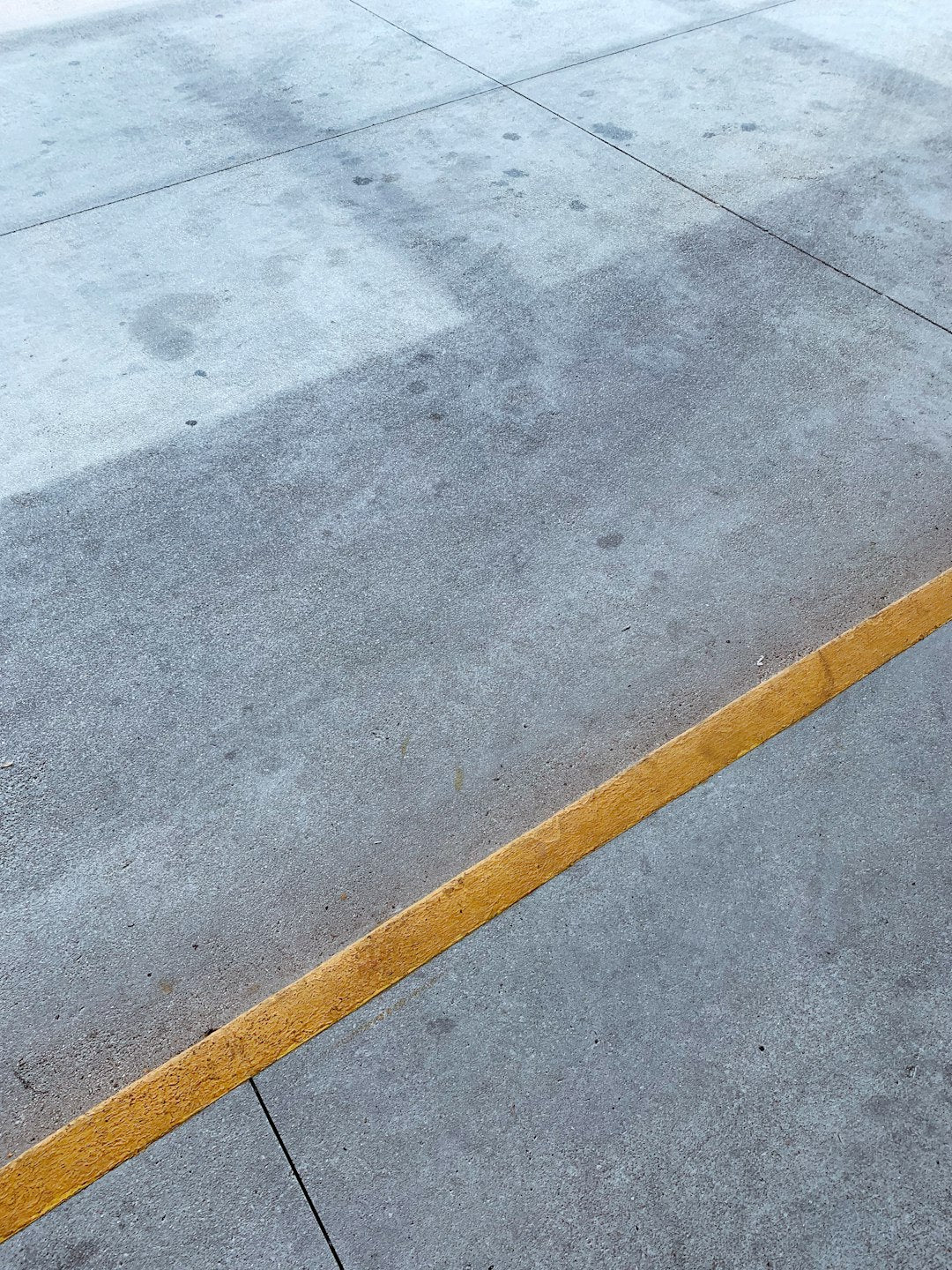Concrete formwork plywood, also known as form ply, plays a vital role in the construction industry. It is used to create temporary molds into which concrete is poured and shaped. Over the years, technological advancements and changing preferences have driven the evolution of concrete form plywood. In this article, we will delve into the future trends in concrete formwork plywood manufacturing and how they are shaping the industry.
formply">High-Density Overlay Plywood
One of the emerging trends in concrete formwork plywood manufacturing is the use of formply">high-density overlay plywood. This type of plywood is specially designed for applications that require a smooth and durable surface. formply">High-density overlay plywood, also known as HDO plywood, offers excellent strength and resistance to abrasion, making it perfect for concrete formwork where repeated use is expected.
MDO Plywood for Enhanced Durability
Medium density overlay plywood, or MDO plywood, is gaining popularity in the construction sector due to its enhanced durability and moisture resistance. MDO plywood is created by applying resin-impregnated fiber faces to the surface of the wood, resulting in a strong and smooth finish. This type of plywood is ideal for concrete formwork applications where longevity and performance are crucial.
Advancements in Concrete Form Ply Technologies
The development of new technologies in concrete form plywood manufacturing is revolutionizing the industry. Innovations such as phenolic plywood and film faced plywood are changing the way concrete formwork is done. These advanced materials offer superior strength, moisture resistance, and surface finish, making them highly sought after in modern construction projects.
Benefits of Phenolic Plywood
Phenolic plywood is known for its high resistance to water, chemicals, and abrasion, making it a popular choice for concrete formwork applications. With its smooth surface and reliable performance, phenolic plywood provides excellent value for construction projects that require top-quality formwork materials.
The Rise of Film Faced Plywood
Film faced plywood is becoming increasingly prevalent in the construction industry due to its versatility and durability. This type of plywood is coated with a film that provides a smooth and waterproof surface, making it ideal for concrete formwork. Film faced plywood is easy to clean and maintain, offering a cost-effective solution for formwork applications.
Sustainable Practices in Plywood Manufacturing
With a growing emphasis on sustainability, plywood manufacturers are investing in eco-friendly practices to reduce their environmental impact. From sourcing wood from responsibly managed forests to implementing recycling programs, the industry is moving towards a more sustainable future. As consumers demand environmentally friendly products, plywood manufacturers are adapting their processes to meet these expectations.
Customization and Personalization in Form Plywood
As construction projects become more intricate and diverse, the demand for customized form plywood is on the rise. Manufacturers are offering tailored solutions to meet the specific requirements of each project, whether it involves unique shapes, sizes, or finishes. Customization allows construction professionals to optimize their formwork, resulting in more efficient and cost-effective building processes.
Quality Control and Certification Standards
Ensuring the quality and reliability of concrete form plywood is essential for construction projects. Manufacturers are adhering to strict certification standards and quality control measures to deliver products that meet industry requirements. By obtaining certifications such as APA certification and FSC certification, plywood manufacturers demonstrate their commitment to excellence and customer satisfaction.
Technological Integration in Plywood Manufacturing
Technology is playing a significant role in modern plywood manufacturing processes. From automated production lines to digital quality control systems, manufacturers are leveraging technology to enhance efficiency and precision. The integration of robotics and AI in plywood manufacturing is streamlining operations and ensuring consistent product quality.
Global Market Trends in Form Plywood
The global market for concrete form plywood is experiencing steady growth, driven by increasing construction activities worldwide. Emerging economies are witnessing a surge in infrastructure projects, fueling the demand for high-quality formwork materials. As urbanization continues to rise, the need for durable and efficient form plywood is expected to escalate.
Collaboration and Innovation in the Industry
Collaboration among stakeholders in the plywood industry is fostering innovation and driving progress in formwork solutions. By partnering with architects, engineers, and contractors, plywood manufacturers can develop cutting-edge products that address the evolving needs of the construction sector. Through collaboration and innovation, the industry is paving the way for the future of concrete formwork plywood manufacturing.
The Evolution of Concrete Formwork Plywood
The landscape of concrete formwork plywood manufacturing is evolving rapidly, with new technologies, materials, and practices reshaping the industry. From formply">high-density overlay plywood to sustainable manufacturing processes, the future of form plywood is bright and promising. As construction projects become more complex and demanding, the role of form plywood in ensuring structural integrity and efficiency cannot be overstated. By embracing innovation and sustainability, the industry is poised for a transformative journey towards a more resilient and advanced future.

